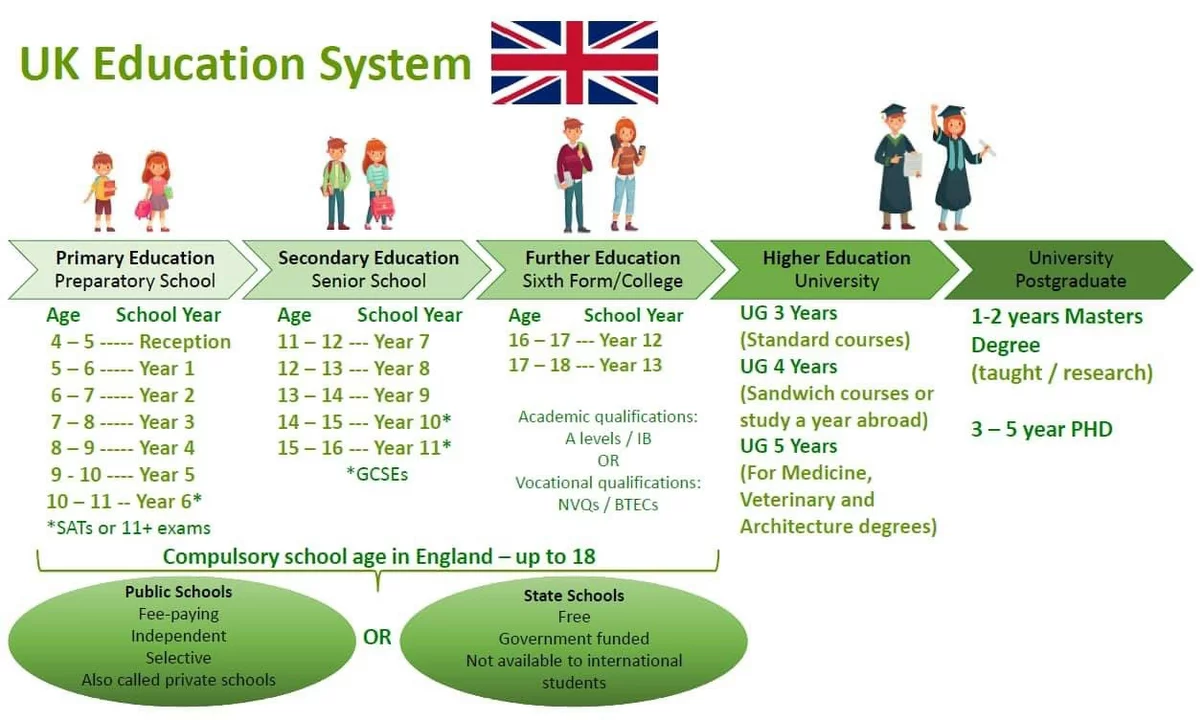Education System Experiences: What Worked and What Didn’t
Ever wondered why some students walk out of school feeling ready for the real world while others feel stuck? The answer often lies in how the education system treats each learner. Below we break down the good, the bad, and what you can do to tip the balance in your favor.
What Students Say Works
Most people agree that a solid foundation in reading, writing, and math is the system’s biggest win. Those basic skills open doors to higher study, better jobs, and everyday problem solving. Many students also praise the chance to work in teams. Group projects teach communication, conflict resolution, and the ability to share ideas—skills you can’t learn from a textbook alone.
Another plus is the exposure to a variety of subjects. When schools offer art, science labs, and computer classes, students discover hidden talents. One former engineering student recalled how a simple drawing class sparked a lifelong interest in design, eventually leading to a career in product development.
Where the System Falls Short
Standardized testing is the biggest headache for most learners. When every lesson is built around a single score, creativity takes a back seat. Students report feeling pressure to memorize facts instead of understanding concepts. This approach often leaves them unprepared for real‑world challenges that require critical thinking.
Practical skills also get ignored. Imagine leaving school without knowing how to manage money, write a professional email, or fix a basic computer glitch. Those gaps become obvious the moment you step into a job or independent living.
Rigid curricula can stifle individuality too. A one‑size‑fits‑all schedule rarely matches the varied learning speeds of students. Fast learners get bored, while those who need extra time fall behind. The result is a classroom where many students feel disengaged.
So, what can you do if you’re stuck in a system that doesn’t serve you?
First, look for extra resources outside class. Online tutorials, local workshops, and community groups can fill the gaps left by school. Second, ask teachers for project‑based assignments that let you apply theory to real problems. Finally, talk to mentors or career counsellors about skills that matter in your dream job and seek out short courses that cover them.
Remember, the education system is a tool—not a destiny. By spotting its strengths, acknowledging its flaws, and taking charge of your learning, you can turn a mixed experience into a stepping stone for success.
How has your education system benefited/failed you?
My education system has both benefited and failed me in various ways. While it provided me with the foundation for critical thinking and problem-solving, it fell short in terms of practical skills and real-world applications. Additionally, the emphasis on standardized testing and rigid curriculums stifled creativity and individuality. However, the social aspects of school, such as teamwork and communication, were invaluable learning experiences. Overall, the education system should strive for a more balanced approach to better serve students in the long run.
View More